 |
 |
 |
 |
 |
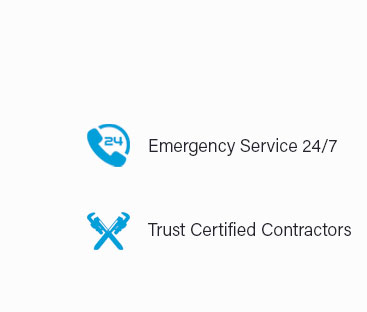 |
 |
 |
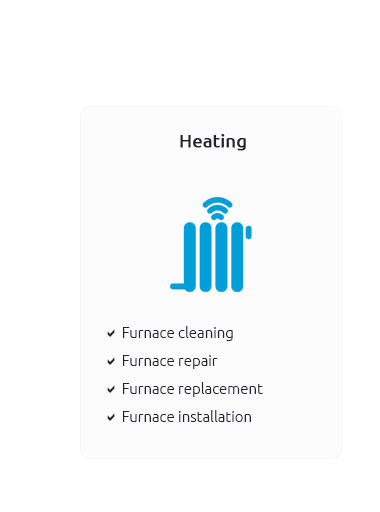 |
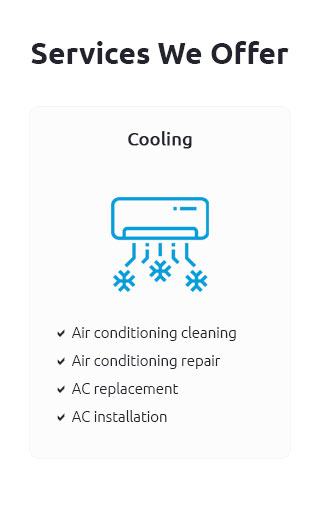 |
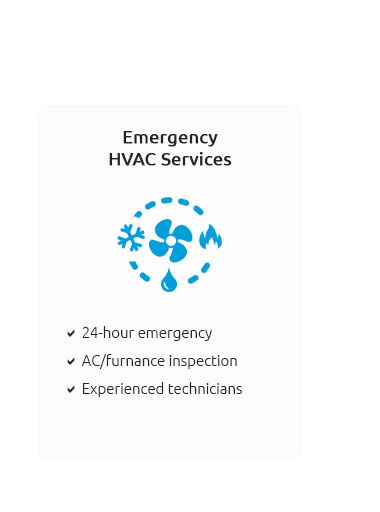 |
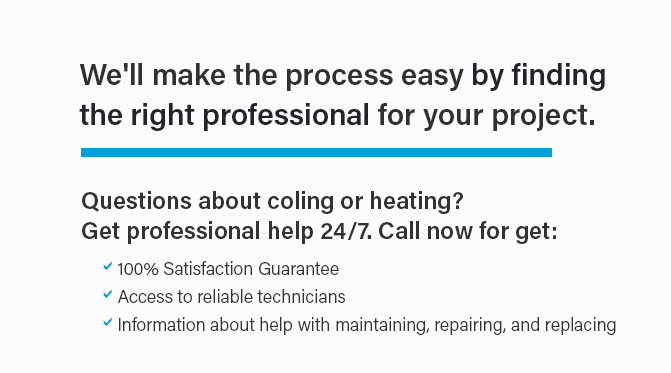 |
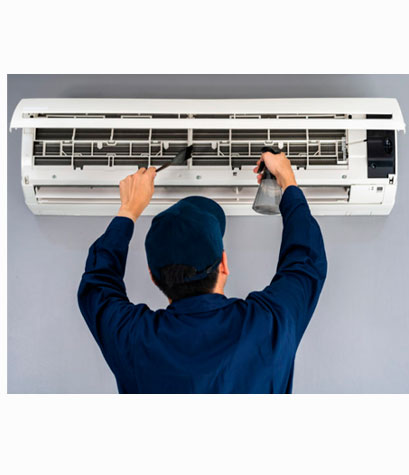 |
 |
 |
 |
|
Discover unparalleled comfort with our top-tier HVAC services, where expert AC and heating specialists merge precision with passion to transform your environment; whether it's the scorching summer heat or winter's chill, our seasoned HVAC installers ensure your home remains a sanctuary of perfect climate control-trust in our local contractors, who bring a wealth of expertise and a commitment to excellence that goes beyond the ordinary, delivering reliability and efficiency right to your doorstep.
https://www.angi.com/nearme/hvac/
While different HVAC contractors might offer higher or lower prices ... https://www.angi.com/companylist/cleveland/hvac.htm
While different HVAC contractors might offer higher or lower prices than competitors, the best time to replace your HVAC system is when customer demand is low. https://www.reddit.com/r/HVAC/comments/1buqqrs/installers_how_much_do_you_guys_make_per_install/
I make around $80k per year doing commercial installs. Get paid by the hour not by the job. Most jobs take several weeks or months. 7-5 every day.
|